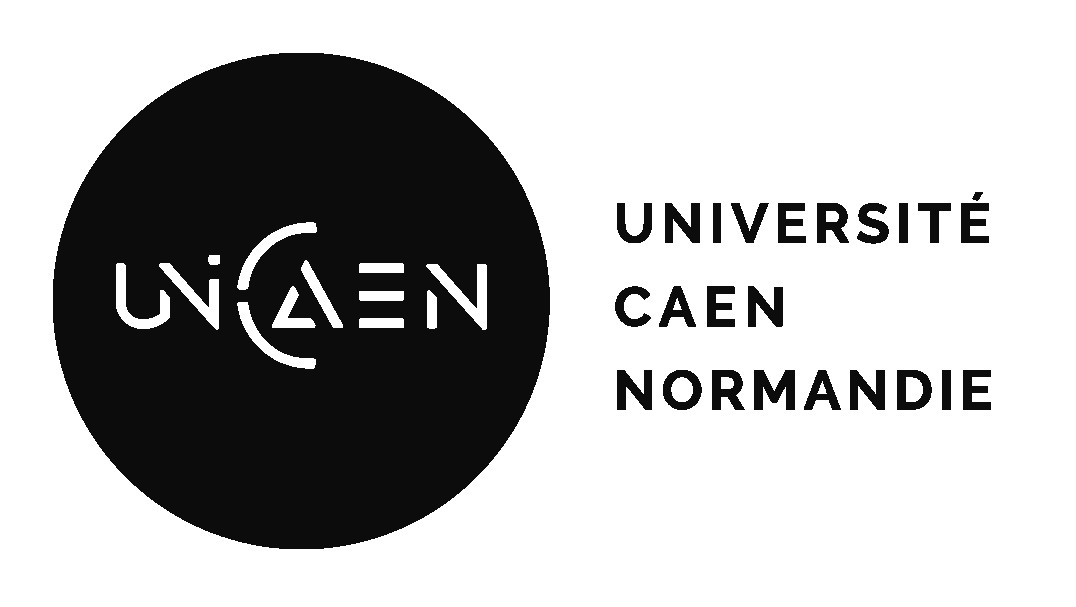Numéros
Index
Présentation
RESSOURCES, INSTRUMENTS, OUVERTURE
Modélisation d’un dispositif pour la formation ouverte et à distance dans les pays africains subsahariens
Auteur(s)
Résumé
Dans cet article, nous proposons un modèle de formation à distance adapté au contexte africain. Pour y arriver, des missions de terrain ont été organisées dans 8 pays africains, notamment le Cameroun, le Gabon, le Tchad, la RDC, la RCA, le Rwanda et le Burundi. Trois formulaires ont été élaborés en direction respectivement des autorités administratives des institutions offrant des formations à distance, des coordonnateurs de programmes de formation à distance et des auditeurs ayant déjà bénéficié d’une formation à distance. Le modèle issu de cette enquête, constitué de 20 référentiels est appliqué à l’École nationale Supérieure Polytechnique de Yaoundé pour une formation de Master (M2) à distance en Télécommunications.
Abstract
In this article, we propose a model of distance learning adapted to the African context. To build the proposed model, an investigation has been made in eight african countries; especially in Cameroon, Gabon, Tchad, Republic of Congo, Central Republic of Africa, Democratic Republic of Congo, Rwanda and Burundi. The investigation consisted in three different questionnaires elaborated respectively for the institutional authorities, the learners and the managers of distance teaching materials. We came out with a model based on 20 references. This model has been implemented in the Yaoundé National Advanced School of Engineering in Cameroon for the training in professional master (M2) in telecommunications.
Téléchargement
Pour citer ce document
ISSN 2110-5324
Revue électronique internationale publiée par l'IFIC et l'Université de Caen.
ISSN 2110-5324.


